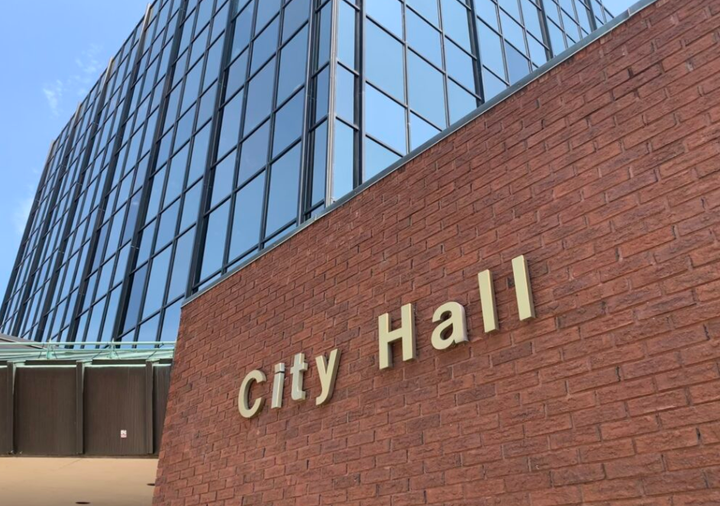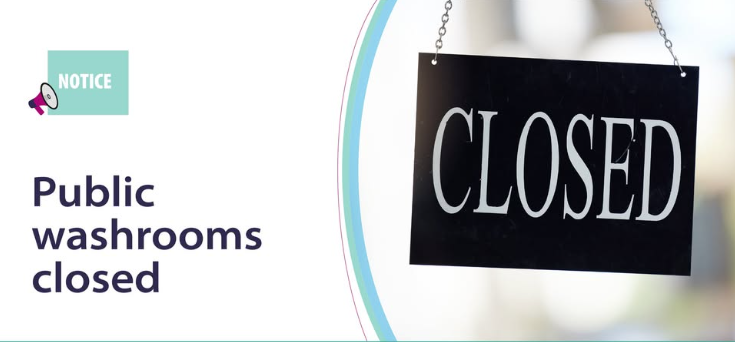DNSSAB Launching New Model

Inclusion Support Services New Integrated Model to Strengthen Support for Children, Families, and Providers
The District of Nipissing Social Services Administration Board (DNSSAB) will begin directly delivering Quality and Inclusion Support Services through its Children’s Services department earlier than planned, with delivery expected to begin this month in 41 early learning and child care sites.
This change is intended to streamline and strengthen supports for children, families, and early learning and child care providers across the District, creating a more connected and consistent approach to quality and inclusion.
The decision to move to direct delivery follows recommendations from DNSSAB’s recent organizational review, which identified ways to improve efficiency and enhance service delivery across all programs. By integrating inclusion and quality support into one unified model, DNSSAB can better align with its Strategic Plan, reduce administrative complexity, and offer a more responsive system that meets the evolving needs of children, families and service providers.
This new approach builds on the long-standing partnerships DNSSAB has with local organizations and early learning and child care agencies. The Quality and Inclusion Support Services team will support 70 early learning and licensed child care sites throughout Nipissing District by the end of December.
The expanded support reflects DNSSAB’s ongoing commitment to helping every child reach their full potential in safe, quality and inclusive settings. Guiding this transition is an advisory committee made up of individuals with experience in early learning, quality and inclusion, and family supports.
The committee is providing valuable feedback to help shape policies and practices that will make the new model responsive and effective at every level. DNSSAB Chair, Mark King, said this transition marks an important milestone in how quality and inclusion in early learning and child care is supported across the District. “When services are more connected, families feel the difference,” said Mark King, DNSSAB Chair. “Direct delivery gives us the ability to be more responsive, strengthen relationships, and deliver consistent supports for all. This change reflects DNSSAB’s ongoing commitment to building a system that centres the needs of children and families.”
South Algonquin Mayor Ethel LaValley said the benefits of the new model will be felt throughout the District, including in South Algonquin, where access to inclusive supports is essential. “This is great news for families and communities alike,” said Mayor LaValley. “Expanding quality and inclusion supports means more sites, more connection, and better outcomes for children and educators. It shows the strength of working together across the District to create equal opportunities for every child.”
The transition will also ensure a continued focus on meeting the unique needs of Francophone and Indigenous children and families. DNSSAB remains committed to building strong relationships with community partners and supporting access to culturally appropriate services across the District.
Families and service providers with questions can contact DNSSAB’s Children’s Services department at 705-474-2151 ext. 15559 or email quality.inclusion@dnssab.ca
More information is available at www.dnssab.ca/inclusion
About DNSSAB: The District of Nipissing Social Services Administration Board (DNSSAB) is the service delivery agency for essential human services to the residents of the Nipissing District. These include Ontario Works, Housing Services, Children’s Services, and Paramedic Services. The jurisdiction of the DNSSAB covers a population of about 85,000 people, spread out over 17,000 square kilometers, 11 municipalities, two First Nations, and two unorganized areas – Nipissing North and Nipissing South. The Board is made up of 11 Municipal councillors and 1 elected representative for the townships without municipal organization. The Board members exercise powers, duties and responsibilities relating to the delivery of human services, while respecting the DSSAB Act and the Board’s Procedural By-Laws and governance model. Shared responsibilities with the Province and municipalities are combined within the DNSSAB.



